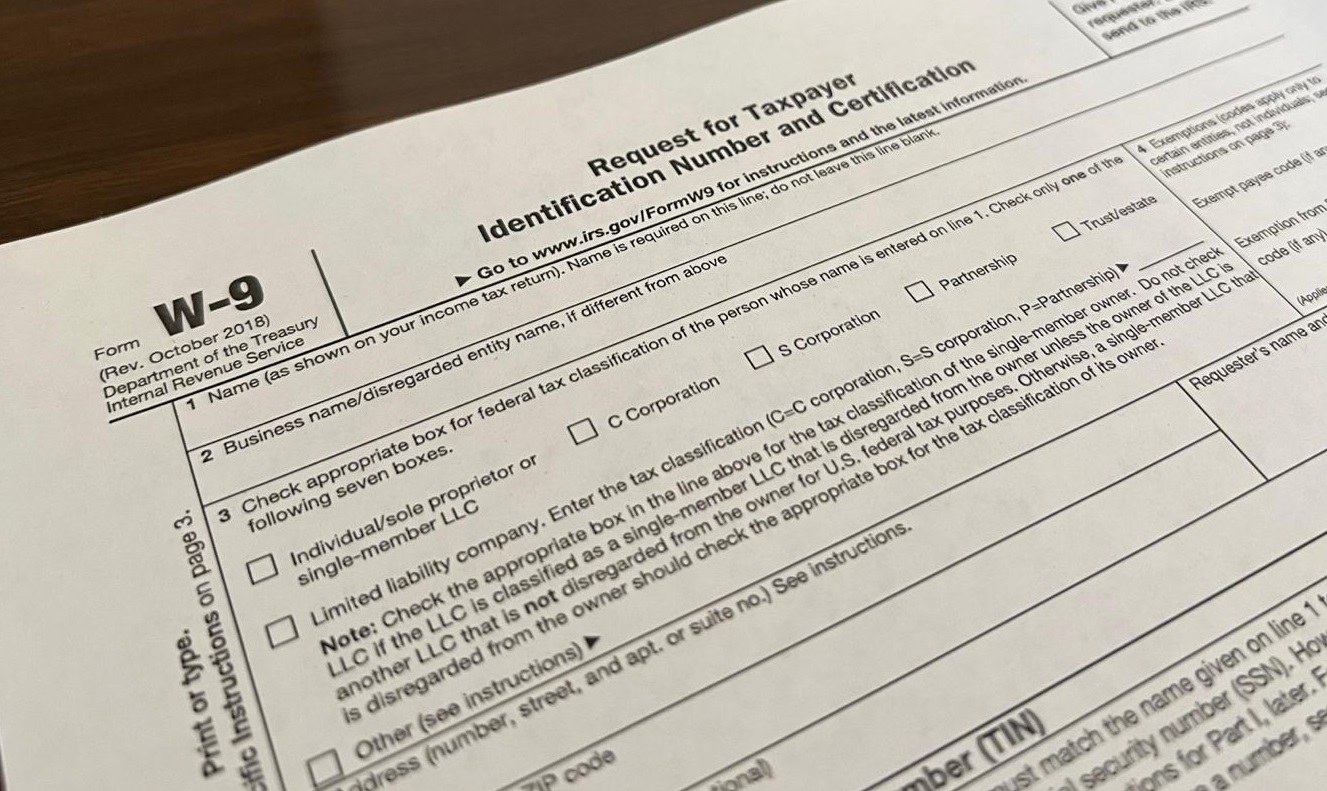When it comes to securing a mortgage, you might have heard about “points.” But what are points on a mortgage, and how can they impact your home financing journey? In this post, we’ll unravel the mystery of mortgage points, explain their significance, and help you decide if they’re the right choice for you.
Understanding Mortgage Points
Mortgage points, sometimes referred to as discount points, are a form of prepaid interest you can purchase at the beginning of your mortgage to lower your interest rate and, in turn, reduce your monthly payments. Each point typically costs 1% of your loan amount, and buying points is a way for borrowers to fine-tune their mortgage terms.
The Mechanics of Mortgage Points
- The Basics of Mortgage Rates
Mortgage interest rates are determined by various factors, including your credit score, the loan term, and current market conditions. Lenders offer an initial interest rate on a mortgage based on these factors.
- The Role of Mortgage Points
You have the option to purchase mortgage points to “buy down” your interest rate. By paying extra upfront, you can secure a lower interest rate on your loan. Each point you purchase typically reduces your interest rate by a quarter of a percentage point (0.25%).
- The Financial Trade-Off
Purchasing points involves a financial trade-off. While buying points can lower your monthly payments, it requires an upfront payment. This means that you’ll need to weigh the initial cost of points against the long-term savings on your monthly mortgage payments.
When Should You Consider Buying Mortgage Points?
- Long-Term Ownership
If you plan to stay in your home for an extended period, buying points can be financially beneficial. The monthly savings on your mortgage payments will eventually outweigh the initial cost of the points.
- Improved Affordability
Reducing your monthly mortgage payments can make homeownership more affordable. This can be particularly advantageous if you’re stretching your budget to buy a home or looking to allocate funds to other financial goals.
- Interest Rate Expectations
If you expect interest rates to rise in the future, buying points can lock in a lower rate now, providing you with more financial security.
When Should You Avoid Buying Mortgage Points?
- Short-Term Ownership
If you plan to sell or refinance your home in the near future, the savings from buying points may not outweigh the upfront cost.
- Limited Upfront Funds
If your budget is tight and you have limited funds available for a down payment, closing costs, and other homeownership expenses, it may be wiser to prioritize those costs over buying points.
- Uncertain Future
If you’re uncertain about how long you’ll stay in the home or how your financial situation may change, it’s best to avoid committing to points.
Decide Your Mortgage Points
Mortgage points can be a valuable tool for borrowers seeking to lower their interest rates and monthly mortgage payments. However, the decision to buy points should be based on your specific financial situation, homeownership plans, and interest rate expectations. Consult with a mortgage professional to determine if mortgage points are the right choice for you. By understanding the mechanics of points and their financial implications, you can make a well-informed decision that aligns with your homeownership goals.




